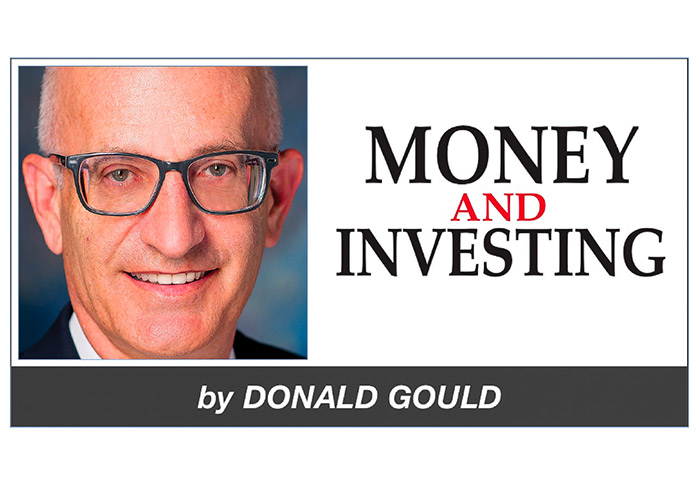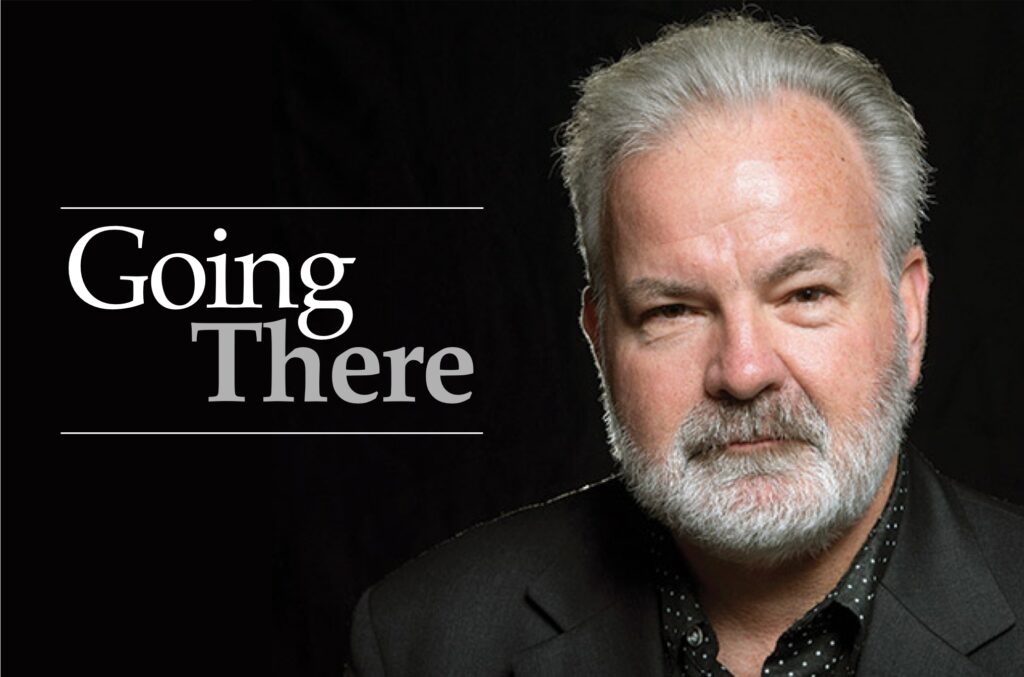Readers comments 1.9.13
Coates Cyclery a treasure
Dear Editor:
I was so pleased to read the article extolling the virtues of the bicycle shop we’ve had in Claremont/Pomona for so many years.
Wes Roth and now Corey McCroskey of Coates Cyclery have been honorable businessmen and it has been a pleasure to be a longtime customer. Their service is prompt, friendly and of high quality.
When Corey’s mother Shirley is on board, it even seems homey. When you mentioned that Mr. McCroskey (I never knew Corey’s last name until it appeared in your article) gives back to the community, donating bikes and helmets for kids, nothing was mentioned about his giving his time and encouragement to the Claremont Senior Bike Group (CSBG—not your average seniors), several other local cycling organizations and many other individuals, who are entering new forms of cycling.
Corey comes to many local events where we are putting forth an effort to educate kids and their parents on bicycle safety. He and his staff help to maintain our bikes at a discounted in price.
CSBG is a growing group over the years with at least 40 participating members and Corey has been one of the main resources for advice, maintenance and repair. It is a pleasure to do business with Coates and their crew.
Dorothy Elwell
CSBG president
Water and our future
Dear Editor:
Water is unique. It is the resource we cannot do without. Highly validated projections show Claremont will be hotter in coming years, while rainfall will decrease. We cannot tolerate Golden State Water Company, its parent American States Water Company, or an international cartel that might take over, controlling our future.
With this in mind, in 2006 the League of Women Voters of the Claremont Area adopted a position on water that advocates “Support for public acquisition of the local water system, converting the privately-owned company to a city-owned water company by the use of public financing, believing that public control is worth the cost, even if high, and has long-range advantages to rate-payers and to the community.” Now we have the opportunity to make that a reality. We must not lose it.
Under the present high water rates in Claremont, there are options under which the city could purchase and manage the water system without increasing rates or taxes, even if the costs were near the upper range of credible estimates. Cooperating with a neighboring city is one of these.
Freeman Allen and Marilee Scaff
Water Task Force Co-chairs
Betsey Coffman and Sally Seven
Co-Presidents
League of Women Voters
of the Claremont Area
A piece of the pie
Dear Editor:
Our country still has an unemployment rate of around 8 percent, which represents about 10 million known unemployed. An equal number have either given up looking for work or can only find a part-time job.
The Federal Reserve has announced that it will keep interest rates extremely low until the unemployment rate drops to 6.5 percent, and it makes no estimate of how soon that will occur. Even 6.5 percent represents about 8 million officially unemployed.
Although our economy is improving, an investment newsletter that I receive forecasts that unemployment will remain elevated indefinitely. The Economist magazine recently predicted that the American middle class will continue to shrink; it advised businesses to develop products and services for low-income customers.
In Europe, fiscal austerity (government budget-cutting) is causing major layoffs of employees in businesses as well as governments, further reducing tax revenues and adding to national budget deficits. Europeans buy a sizable portion of US exports, and they’ll be buying less.
Meanwhile, our elected representatives in Washington continue to negotiate over how much fiscal austerity our own country will impose on itself and who will be harmed by that austerity. Businesses have already postponed their purchasing and hiring, because they worry about austerity’s effect on consumer spending. Our representatives will make a big mistake if they cause middle- and low-income Americans to have less money to spend, because these are the people who spend most or all of what they receive.
Those who have the greatest wealth and income can afford to take a hit, and it won’t affect their spending much if at all because they already have more than they choose to spend. Many corporate CEOs, wealthy individuals and economists have pointed out the necessity to maintain consumer spending, even if it means that high incomes must pay higher taxes to avoid major reductions in government and consumer spending.
However, even if our representatives do the right thing with the “fiscal cliff” and minimize its damage to consumers, that won’t solve our chronic economic problem: the weakening ability of consumers to spend.
For 30 years or more, employees have received an ever-smaller share of the economic pie, as jobs are shipped overseas, immigrants offer job competition at lower wages, and unions are busted or weakened. According to The Economist, one-third of Americans who were born into a middle class family are now below middle class. Unless this increasing impoverishment is reversed, consumer spending, business revenues and job creation will not fully recover. Most Americans sense this: They believe that the younger generation will be poorer than the Baby Boomers. The US will become a has-been economically, which will mean it becomes a has-been militarily and politically as well. Our security and our prosperity are both at stake.
The deficit hawks in Congress who have arisen from the Tea Party movement express concern for our children and grandchildren if we leave them a huge national debt. They should be at least equally concerned that we not leave them in poverty and in a country that is crippled because the middle class—the backbone of our economy—has been decimated. A fundamental change is needed: Employees must get a bigger piece of the pie.
Bob Gerecke
Claremont










0 Comments